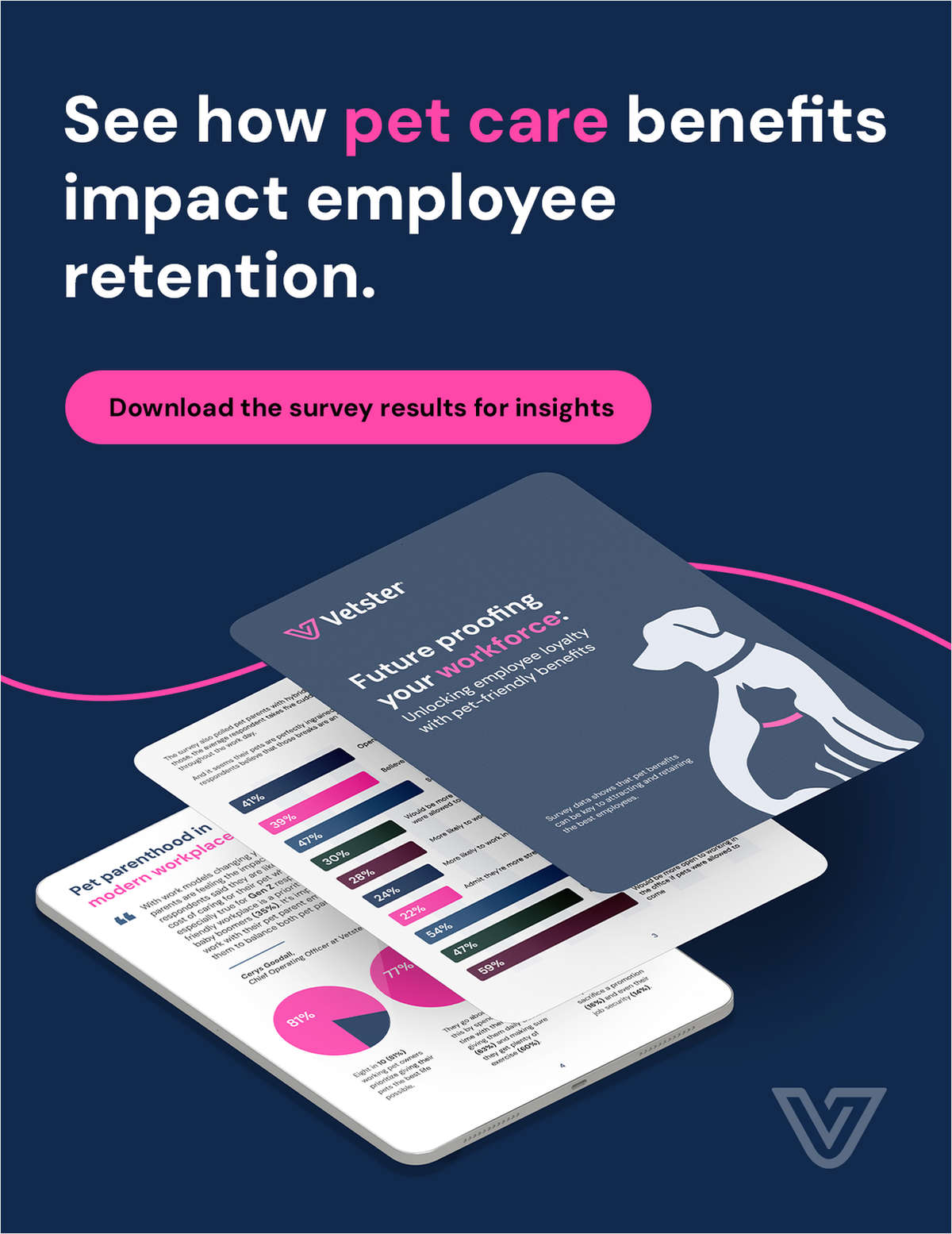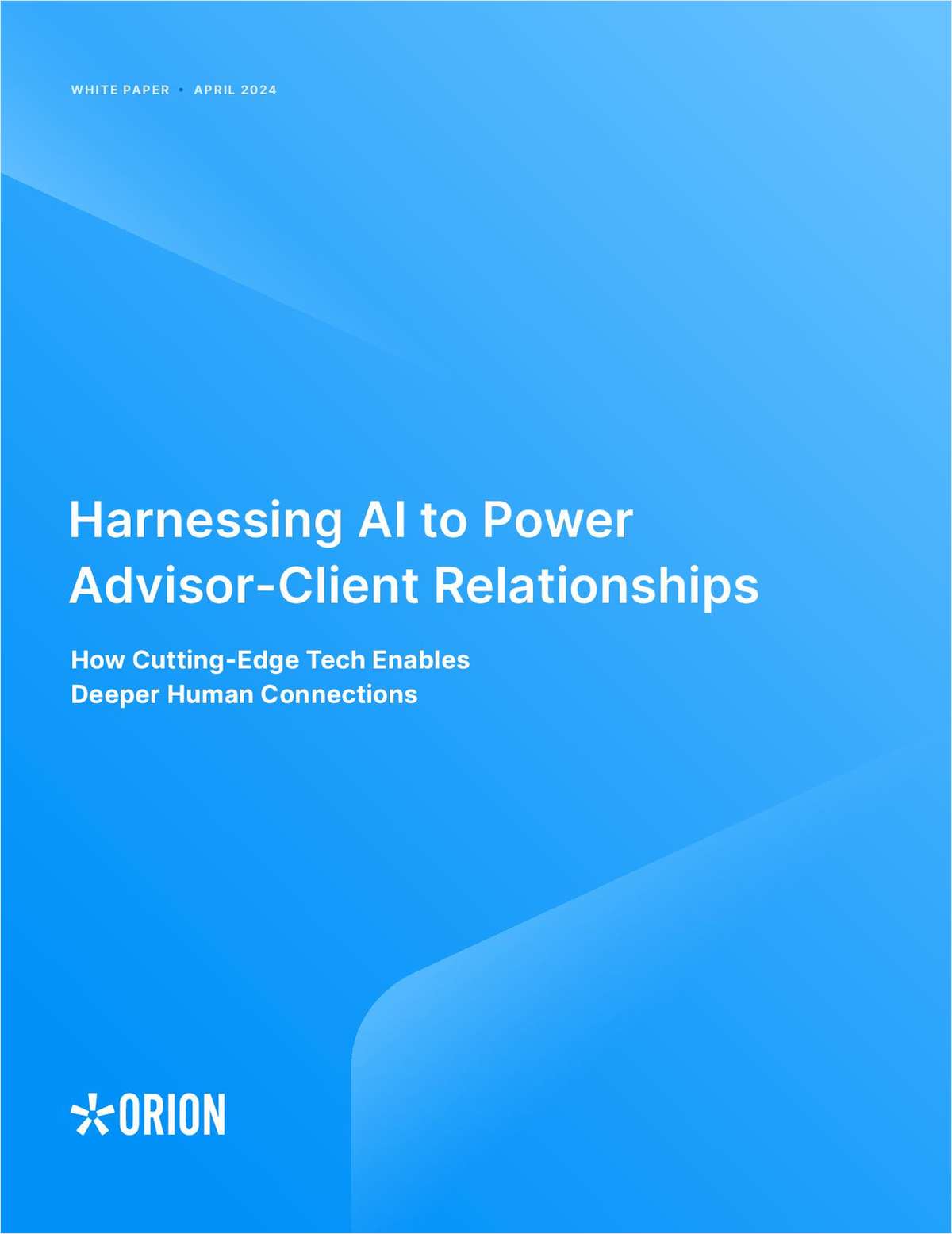Nontraditional Representation Faces Latest Growing Pains
New Jersey lowered the boom on AVVO and LegalZoom the other day, finding their practice models violated a number of ethics rules, including fee sharing with nonlawyers and operation of an unlicensed referral service. I doubt this marks the end of them — it's more like a speed bump — but what our chief justice had to say the other day on alternative forms of dispute resolution is probably much more important.
June 29, 2017 at 02:19 PM
9 minute read
New Jersey lowered the boom on AVVO and LegalZoom the other day, finding their practice models violated a number of ethics rules, including fee sharing with nonlawyers and operation of an unlicensed referral service. I doubt this marks the end of them — it's more like a speed bump — but what our chief justice had to say the other day on alternative forms of dispute resolution is probably much more important.
I have been following AVVO, LegalZoom and a host of other players in this “disrupted” legal market for years, trying to figure out whether they are going to really change the way we do business or just cut the pie into thinner pieces. Interestingly, as these enterprises matured, they seemed to grow more like traditional law delivery systems instead of revolutionizing things.
Last I looked, LegalZoom was using lawyers licensed in every state to offer its low-cost legal services in addition to its DIY component, mooting the unauthorized practice issues that plagued it and were the bar's bulwark against competition. AVVO adopted a bit of a different model, soliciting work and then subcontracting it out to local lawyers for a share of the fee. Either way, it was lawyers (mainly solos and small-firm folks) delivering advice and quick “one-off” stuff directly to consumers at prices that were pretty hard to beat. It was a good deal for those who needed legal help, but not so hot for those expecting to make big money, unless you own the service.
This content has been archived. It is available through our partners, LexisNexis® and Bloomberg Law.
To view this content, please continue to their sites.
Not a Lexis Subscriber?
Subscribe Now
Not a Bloomberg Law Subscriber?
Subscribe Now
NOT FOR REPRINT
© 2024 ALM Global, LLC, All Rights Reserved. Request academic re-use from www.copyright.com. All other uses, submit a request to [email protected]. For more information visit Asset & Logo Licensing.
You Might Like
View AllTrending Stories
- 1Judge Grants Special Counsel's Motion, Dismisses Criminal Case Against Trump Without Prejudice
- 2GEICO, Travelers to Pay NY $11.3M for Cybersecurity Breaches
- 3'Professional Misconduct': Maryland Supreme Court Disbars 86-Year-Old Attorney
- 4Capital Markets Partners Expect IPO Resurgence During Trump Administration
- 5Chief Assistant District Attorney and Litigator Shortlisted for Paulding County Judgeship
Who Got The Work
Michael G. Bongiorno, Andrew Scott Dulberg and Elizabeth E. Driscoll from Wilmer Cutler Pickering Hale and Dorr have stepped in to represent Symbotic Inc., an A.I.-enabled technology platform that focuses on increasing supply chain efficiency, and other defendants in a pending shareholder derivative lawsuit. The case, filed Oct. 2 in Massachusetts District Court by the Brown Law Firm on behalf of Stephen Austen, accuses certain officers and directors of misleading investors in regard to Symbotic's potential for margin growth by failing to disclose that the company was not equipped to timely deploy its systems or manage expenses through project delays. The case, assigned to U.S. District Judge Nathaniel M. Gorton, is 1:24-cv-12522, Austen v. Cohen et al.
Who Got The Work
Edmund Polubinski and Marie Killmond of Davis Polk & Wardwell have entered appearances for data platform software development company MongoDB and other defendants in a pending shareholder derivative lawsuit. The action, filed Oct. 7 in New York Southern District Court by the Brown Law Firm, accuses the company's directors and/or officers of falsely expressing confidence in the company’s restructuring of its sales incentive plan and downplaying the severity of decreases in its upfront commitments. The case is 1:24-cv-07594, Roy v. Ittycheria et al.
Who Got The Work
Amy O. Bruchs and Kurt F. Ellison of Michael Best & Friedrich have entered appearances for Epic Systems Corp. in a pending employment discrimination lawsuit. The suit was filed Sept. 7 in Wisconsin Western District Court by Levine Eisberner LLC and Siri & Glimstad on behalf of a project manager who claims that he was wrongfully terminated after applying for a religious exemption to the defendant's COVID-19 vaccine mandate. The case, assigned to U.S. Magistrate Judge Anita Marie Boor, is 3:24-cv-00630, Secker, Nathan v. Epic Systems Corporation.
Who Got The Work
David X. Sullivan, Thomas J. Finn and Gregory A. Hall from McCarter & English have entered appearances for Sunrun Installation Services in a pending civil rights lawsuit. The complaint was filed Sept. 4 in Connecticut District Court by attorney Robert M. Berke on behalf of former employee George Edward Steins, who was arrested and charged with employing an unregistered home improvement salesperson. The complaint alleges that had Sunrun informed the Connecticut Department of Consumer Protection that the plaintiff's employment had ended in 2017 and that he no longer held Sunrun's home improvement contractor license, he would not have been hit with charges, which were dismissed in May 2024. The case, assigned to U.S. District Judge Jeffrey A. Meyer, is 3:24-cv-01423, Steins v. Sunrun, Inc. et al.
Who Got The Work
Greenberg Traurig shareholder Joshua L. Raskin has entered an appearance for boohoo.com UK Ltd. in a pending patent infringement lawsuit. The suit, filed Sept. 3 in Texas Eastern District Court by Rozier Hardt McDonough on behalf of Alto Dynamics, asserts five patents related to an online shopping platform. The case, assigned to U.S. District Judge Rodney Gilstrap, is 2:24-cv-00719, Alto Dynamics, LLC v. boohoo.com UK Limited.
Featured Firms
Law Offices of Gary Martin Hays & Associates, P.C.
(470) 294-1674
Law Offices of Mark E. Salomone
(857) 444-6468
Smith & Hassler
(713) 739-1250













